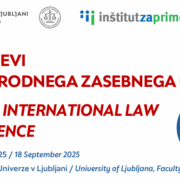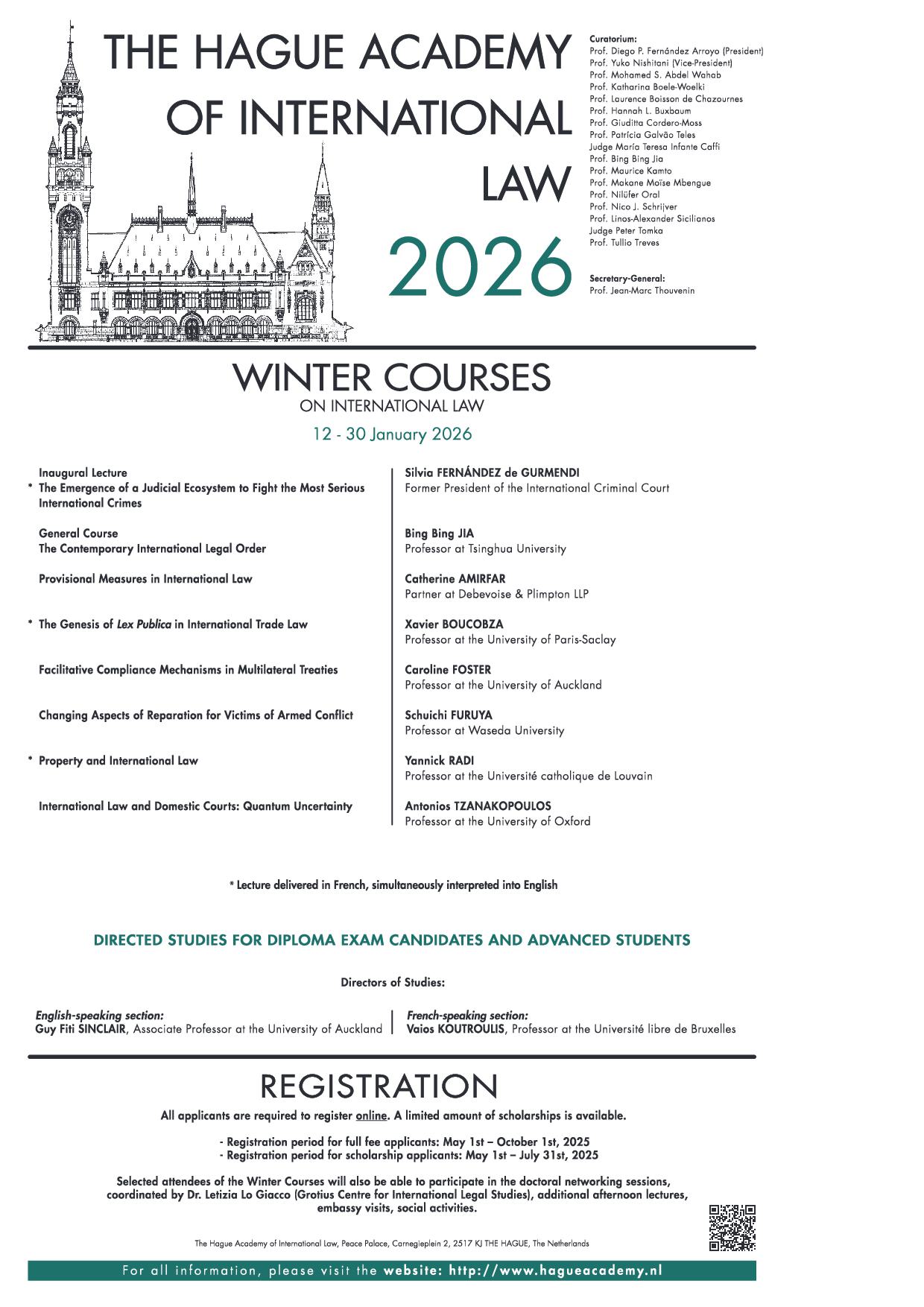New Article on Public Policy Exception
In every private international law system, the forum state reserves the right to reject the application of a foreign rule that deeply offends the forum’s fundamental sense of justice and fairness. In all systems, this “public policy reservation” (ordre public) operates as an exception to the forum’s choice-of-law rules, not its rules on jurisdiction or access to courts. Surprisingly, the First and Second Conflicts Restatements in the United States deviate from this international consensus by narrowly phrasing the exception as a ground for denying a forum to foreign causes of action rather than as a ground for refusing to apply other foreign rules, including those raised as defenses.
A forthcoming article by Symeon Symeonides titled The Public Policy Exception in Choice of Law: The American Version discusses the origins of this unique formulation in Judge Cardozo’s classic but misinterpreted decision in Loucks v. Standard Oil Co. of New York, the problems it creates, its tacit rejection by most American courts, and the new flexible formulation of the exception in the proposed Third Conflicts Restatement.
The article will be published in Praxis des Internationalen Privat- und Verfahrensrechts (IPRax), as well as in a special issue of the Emory Journal of International Law dedicated to the renowned conflicts scholar Peter Hay.


 On February 14th and 15th, 2025, more than one hundred young academics gathered at Heidelberg University for the 5th German Conference for Young Researchers in Private International Law to discuss the topic “Digital Transformation and Private International Law – Local Connections in Boundless Spaces”. The conference was organized by Andreas Engel, Sophia Schwemmer, Felix Berner, Aron Johanson, Markus Lieberknecht, Ann-Kathrin Voß, Charlotte Wendland and Anton Zimmermann.
On February 14th and 15th, 2025, more than one hundred young academics gathered at Heidelberg University for the 5th German Conference for Young Researchers in Private International Law to discuss the topic “Digital Transformation and Private International Law – Local Connections in Boundless Spaces”. The conference was organized by Andreas Engel, Sophia Schwemmer, Felix Berner, Aron Johanson, Markus Lieberknecht, Ann-Kathrin Voß, Charlotte Wendland and Anton Zimmermann.

 It will feature both online and hybrid events.
It will feature both online and hybrid events.